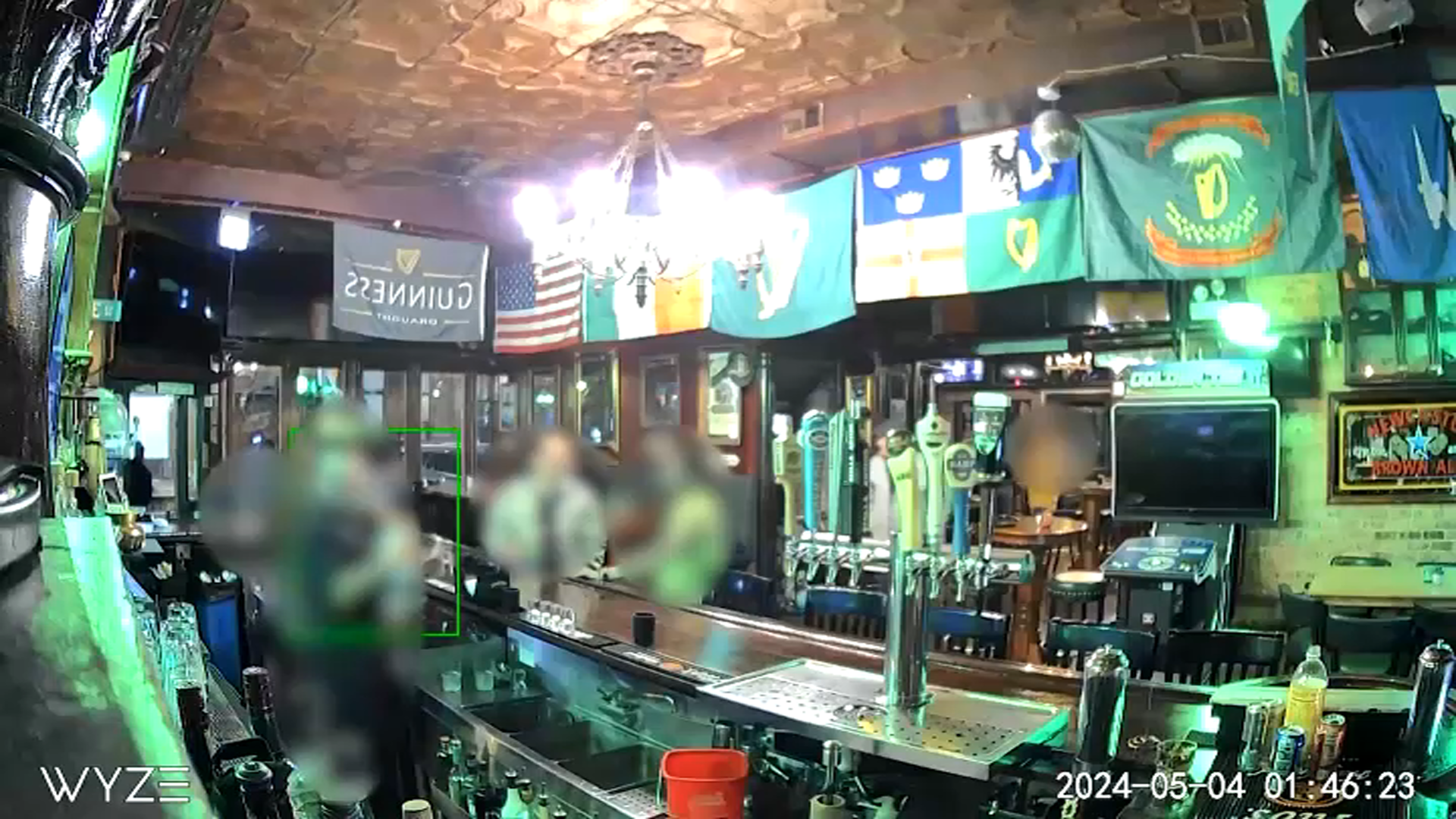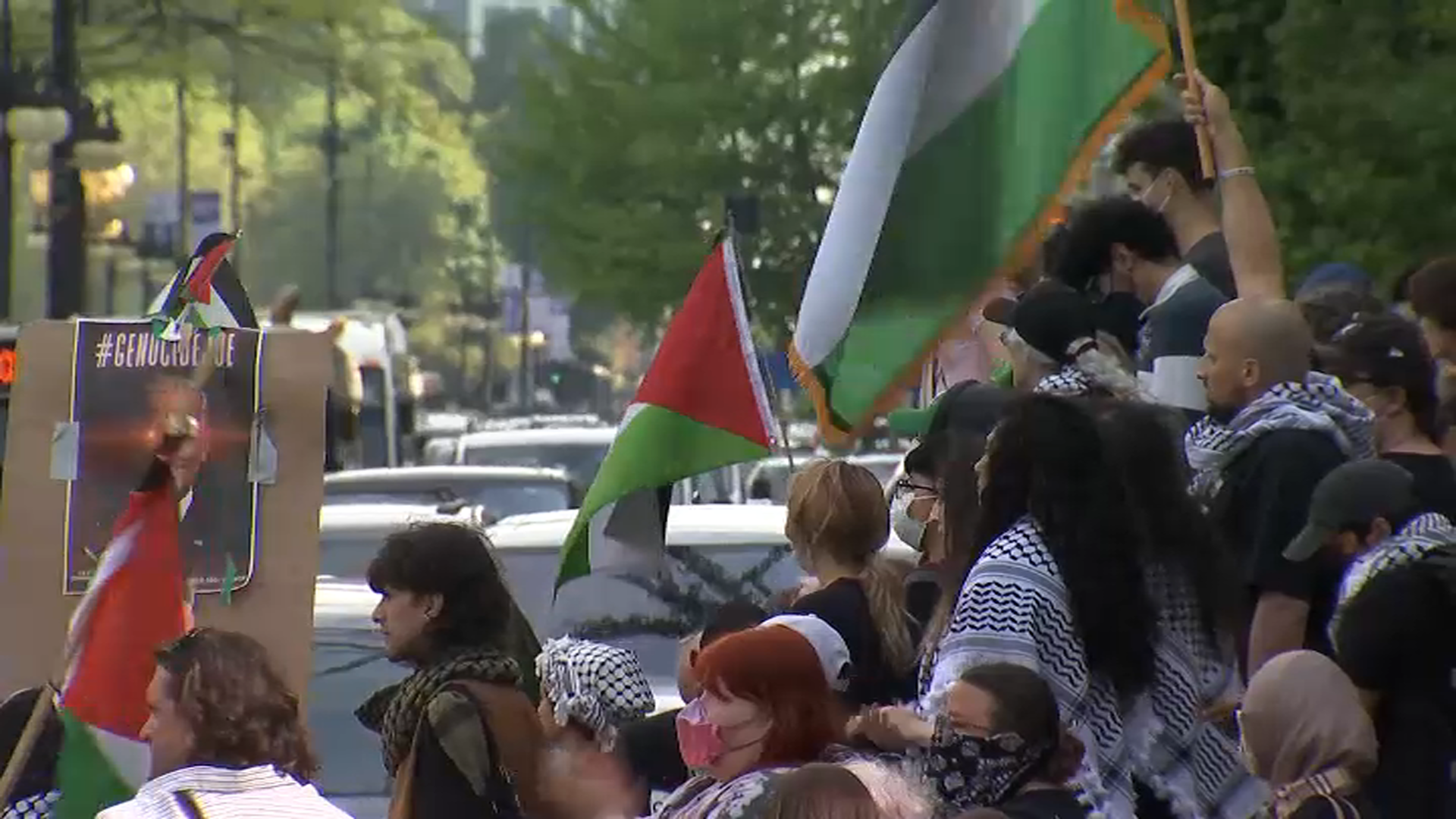While more than 7 million Americans have received the recently updated bivalent COVID-19 booster, many more have yet to get the latest shot, despite being eligible.
For some, there may be questions about whether the additional dose is needed, while others may believe it's just too soon and have simply chosen to wait until the winter gets closer.
Authorized by the Food and Drug Administration in early September, the bivalent booster, designed to fight both the omicron variant and original COVID strains, are believed to be crucial in curbing expected COVID surges in the fall and winter months.
For those at high risk of severe illness, doctors widely assert it's best to not wait - and instead say you should get the bivalent booster as soon as possible.
The best time to get the booster varies largely as it also depends on whether you've had COVID recently and when your last vaccine dose was. Regardless of the circumstances, you may choose to wait, and if you do, White House COVID response coordinator Dr. Ashish Jha says you should set a specific deadline.
Speaking on the "In the Bubble with Andy Slavitt" podcast, Jha said those eligible should get the bivalent booster by Halloween.
"Why Halloween? Because three weeks after Halloween is Thanksgiving, and there's a lot of travel, and you're seeing family, and you're seeing friends — and a few weeks later, it's the holidays," he said on the podcast.
Local
The U.S. could also be in for a more severe flu season this year, doctors have said, encouraging people to get their flu shot as soon as possible. If you're looking to get the bivalent booster and your flu shot at the same time - it's okay to do so.
"There's no cross-reaction, one vaccine is not inhibiting the other or causing adverse events in the other," Dr. Frank Esper, a pediatric infectious disease specialist at the Cleveland Clinic, told TODAY. "They're completely different medicines but you can receive them at the same time."
Feeling out of the loop? We'll catch you up on the Chicago news you need to know. Sign up for the weekly Chicago Catch-Up newsletter here.
Data gathered during last year's flu season reveals it's safe to get both shots at once.
Some studies found that people who got both shots at the same time had a slightly higher rate of side effects. But they were not more likely to get serious or severe side effects than those who just received the previous COVID-19 booster on its own. Other studies found no differences in the rates of reactogenicity between those who got two shots and those who just got one.
If you decide to get both at the same time, it may be best to plan ahead. You should consider getting your shot on a Friday or Saturday, so you have a few days to recover.
Esper says currently available research shows people don't usually get more intense side effects if they get these two vaccines together — but it's still possible. If you know you tend to react more to the vaccines in question, it's possible you'll have more of a reaction when getting both at the same time, the doctor said.
If you recently got a COVID booster, the Centers for Disease Control and Prevention recommends that you wait two months before getting the next shot. However, some health experts have suggested that more time between boosters, like six months, may be preferred, according to an article from Yale Medicine.
The reason, the article stated, is because someone who recently got a booster already has more virus-fighting antibodies in their bloodstream. Antibodies gradually wane over time, and an additional shot too soon won't provide much of a benefit.
Similarly, delaying your next dose may be a good idea if you recently recovered from COVID-19. It's suggested that you postpone your next dose by three months from the date your symptoms started or when you received a positive test, Yale Medicine stated. However, certain factors, like personal risk of severe disease or your community's COVID level, may be reasons to get a shot sooner than later.



